News in brief: Pause to shielding advice for clinically vulnerable announced
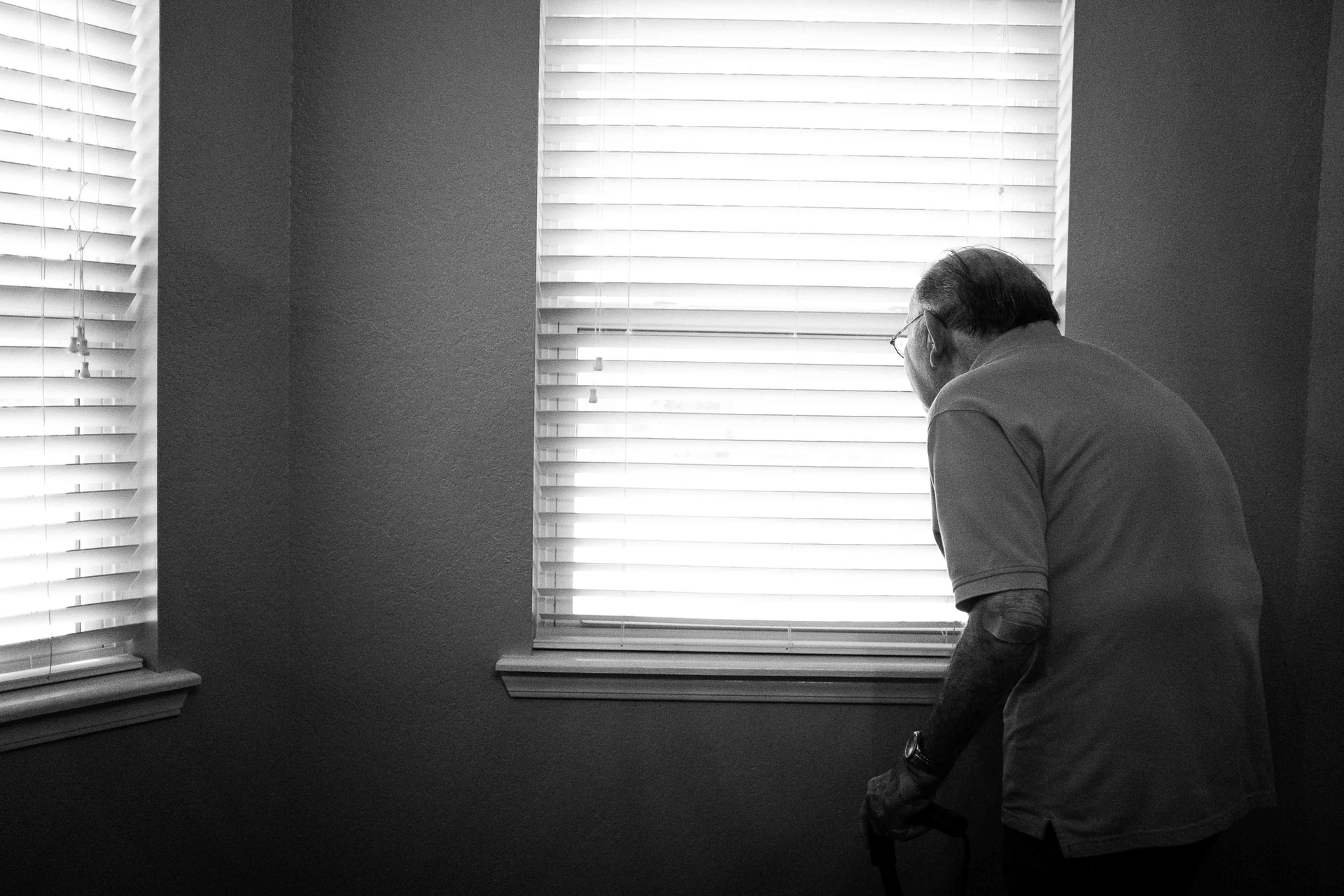
Health Minister Vaughan Gething has announced that advice for those currently shielding in Wales will be paused from the end of this month,
People who were deemed to be clinically extremely vulnerable to Covid-19 were advised that they should no longer attend work or school outside the home and should remain at home as much as possible when the current lockdown was introduced on 22 December.
Around 130,000 people in Wales were first advised to take shielding measures in March last year as the pandemic struck.
“Case prevalence is now significantly below what it was in December and on a trend downwards across Wales, Mr Gething said in a written statement.
‘Harms’
“Conscious of the associated harms when asking people to follow shielding measures, we must only keep this advice in place for as long as is absolutely necessary. In light of the change of context, the Chief Medical Officer has recommended that the advice to the clinically extremely vulnerable to follow shielding measures should be paused after the 31 March.
“It is important to note that just as we are planning relaxations and the first dose of the vaccine has been offered to all of this group, experience has shown that we do need to be prepared to potentially step advice up again if required,” he added.
“The shielding patient list will remain in place and available should we need to ask anyone to follow shielding measures again in future. It is my sincere hope that this will not be necessary.”
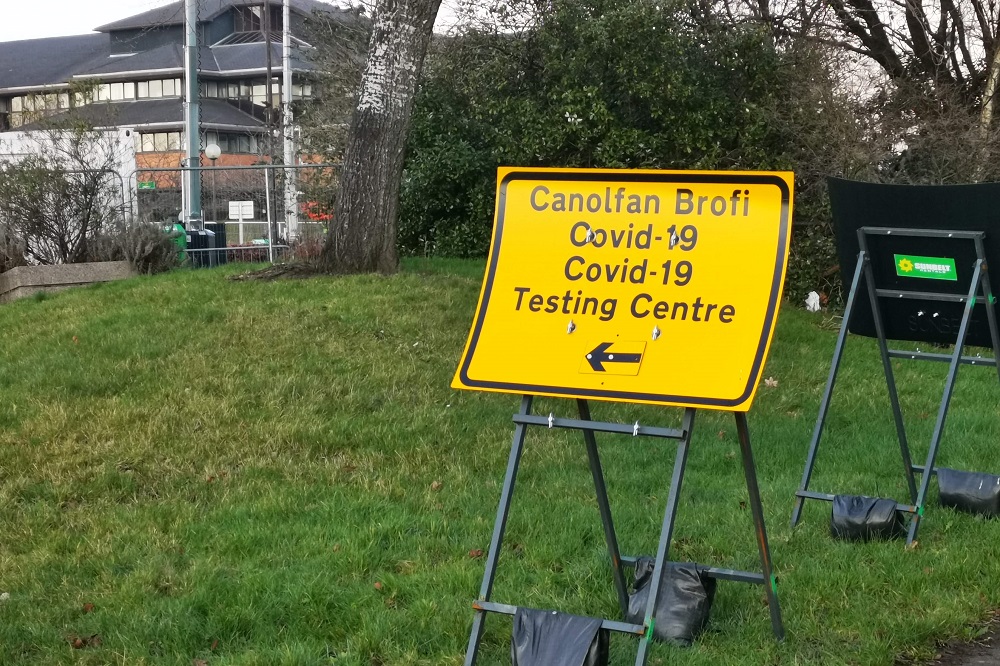
Covid-19 testing unit set up in Merthyr hotspot
A mobile Covid testing unit has been set up in Merthyr Tydfil in response to a recent surge of cases in the area.
Public Health Wales has confirmed 63 cases in Merthyr in the last week and the council is reporting 32 people have tested positive in a “Covid-19 cluster of significance” in the Swansea Road area.
Merthyr Tydfil currently has the highest case rate in Wales at 104.4 per 100,000 people and the highest weekly positive test proportion at 9.6% per 100,000 tests.
“This latest cluster shows that, while rates have been on a downward trend, COVID-19 is sadly still circulating in our communities and is a stark reminder to us all of the importance of social distancing, wearing facemasks, washing our hands and following the lockdown rules, “Professor Kelechi Nnoaham, Director of Public Health for Cwn Taf Morgannwg health board said.
“We understand and are grateful for the sacrifices made by our communities during the last few months of lockdown but it’s so important we continue to take preventative action and be cautious in our approach to do all we can to keep ourselves and our loved ones safe.”
PHW has also reported 12 further deaths due to coronavirus and 190 new positive tests for the virus in the last 24 hours.
Nine of the newly reported deaths were in Cwn Taf Morgannwg and Aneurin Bevan, Betsi Cadwaladr and Hywel Dda health boards all reported one further death.
Cardiff reported 19 new cases over the last 24 hours, taking the weekly total 139. The capital is the only area of Wales to record more than 100 new cases in the last seven days.
A total of 1,056787 people have now received a first dose of vaccine and 237, 357 have had both. Yesterday 38,101 people had a jab, the highest number since the start of the rollout on 8 December.
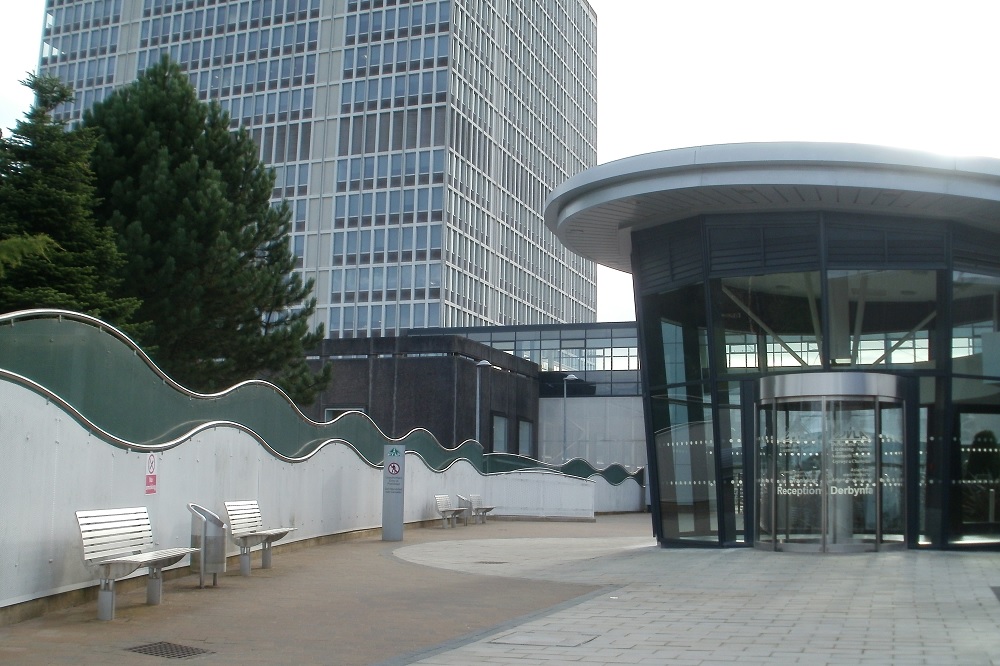
DVLA staff vote for strike action over Covid fears
Staff at the Driver and Vehicle Licensing Agency (DVLA) in Swansea have voted for industrial action over Covid health and safety concerns.
One member of staff has died and 500 more have tested positive for the disease since September.
Just 250 of 6,000 staff were working from the office at the beginning of the pandemic, but that number has since increased to over 2,000.
The Public and Commercial Services union’ general secretary Mark Serwotka, said members were balloted about taking strike action because of the “cruel indifference” shown by DVLA management to the fears expressed by staff.
“It is a scandal that DVLA have insisted over 2,000 staff members come into work every day, despite having the biggest outbreak of Covid in an office workplace within the UK,” he said.
Last month First Minister Mark Drakeford revealed that one member of DVLA staff was so “acutely distressed” about working conditions at the office that she phoned him.
Members of the PCS backed strike action by 71.6% on a turnout of 50%.
A DVLA spokesman said it had followed Welsh Government guidance at “every single point throughout the pandemic”.
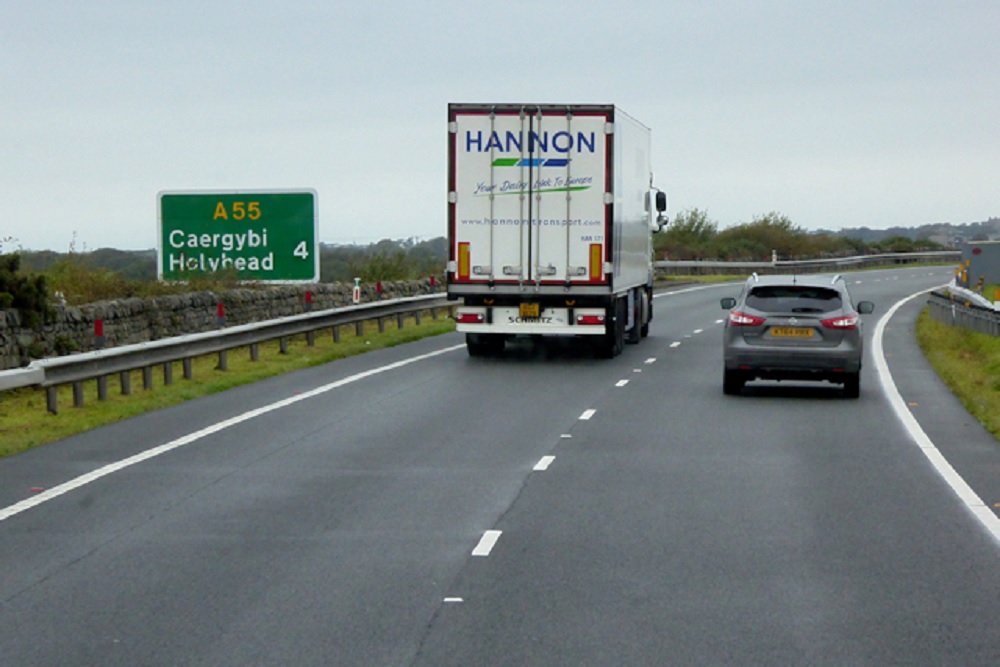
Import checks delayed due to construction delays for border control posts
The UK Government has delayed the introduction of checks on imports from the EU by six months, because the network of border posts being built to inspect incoming goods will not be ready in time.
Exports into the EU from the UK have been subject to controls since 1 January under the terms of the post-Brexit trade agreement, but the British government had delayed putting import controls in place until 1 July to give businesses time to prepare for the new measures.
Two of the 30 planned inspection centres are due to be situated in Wales, but the Welsh government has confirmed work is yet to commence on their construction.
All border control posts must be biosecure so that inspections of live animals, meat and plants can take place without risk of contamination.
The BCPs must also have vets on site to carry out inspections and must offer large parking areas for HGVs.
The location of the site in south-west Wales, which will serve Fishguard and Pembroke has yet to be confirmed and it remains unclear where the BCP in Holyhead will be located.
The Welsh government said an announcement was expected shortly on the two BCPs in Wales but confirmed that “a consultation and planning process” would precede the start of construction.
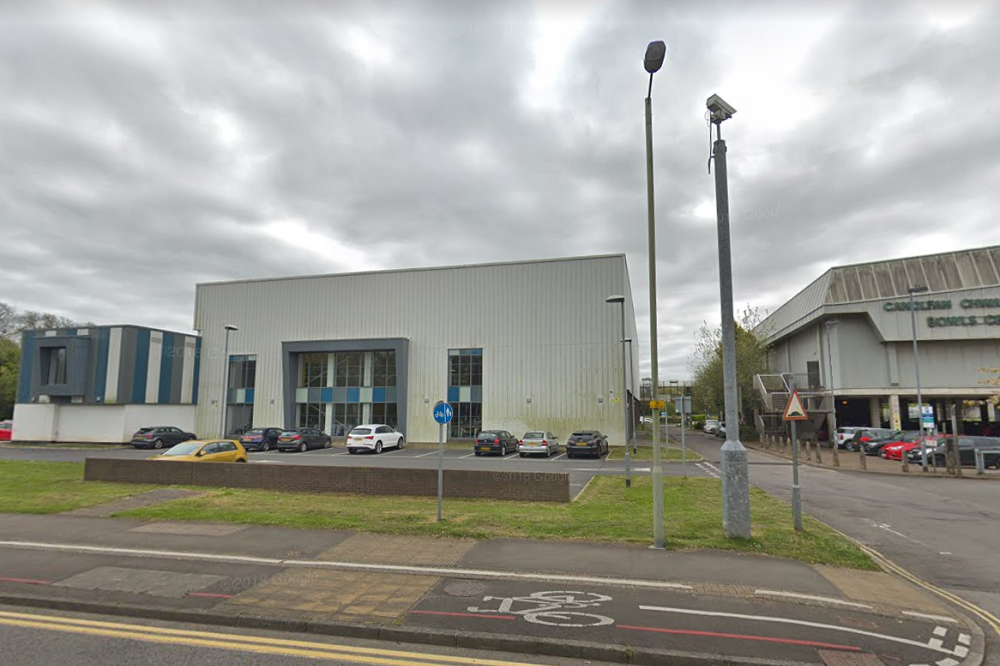
Council greenlights carbon-free heating system
Hannah Neary, local democracy reporter
Bridgend Council has moved ahead with its plan to develop a carbon-free heating system by investing £3.4 million into the first phase of the project.
Councillors have agreed to proceed with the Bridgend Town Heat Network, a scheme which aims to heat buildings across the borough in an environmentally friendly way.
Council leader Huw David described the scheme as “complex” and “innovative”.
He added Brigdend Council is “the first in Wales to be undertaking this type of initiative.”
The network forms part of the council’s commitment to decarbonise public sector buildings by 2030.
The first phase of the heat project aims will have a combined heat and power boiler up and running at Bridgend Life Centre by 2022.
This will heat the Life Centre, Bowls Hall, and Civic Centre through a new system of distribution pipes, which take excess heat from a combined heat and power plant and thermal storage facility.
The local authority will spend £3.4 million on phase one of the project, with £1.8 million being loaned to a special purpose vehicle (SPV), or separate company, that will deliver the scheme.
The council must launch an SPV to receive a £1.25 million grant from the UK Government.
The company, which will be called ‘Bridgend Heat & Power Ltd’, will be owned entirely by the local authority, with any profits made from the scheme being reinvested back into developing it further.
The council must also spend around £240,000 on preparing for construction of the project and select a company to design, build, and maintain the network by the end of March.
The second phase of the network will heat Princess of Wales Hospital, Glanrhyd Hospital, and the Wildmill Estate.
Schools
Multiple schools, houses in Brackla, the Parc Afon Ewenny development, South Wales Police Headquarters, and industrial parks could also benefit from the scheme thereafter.
A report by the council’s corporate director Janine Nightingale states the Bridgend Town Heat Network “has the potential to create local benefits in terms of lower bills and better managed homes and buildings leading to health benefits and reductions in fuel poverty”.
The UK Government is investing around £320 million in heat networks across England and Wales up to March 2022.
Ms Nightingale said 18 authorities across the UK are progressing with heat networks, including Bristol, Leeds and Solihull.
Cardiff Council received £6.6 million in August 2020 for the Cardiff Heat Network which will heat buildings in the Cardiff Bay area from a local waste plant via underground pipes.

Support our Nation today
For the price of a cup of coffee a month you can help us create an independent, not-for-profit, national news service for the people of Wales, by the people of Wales.




